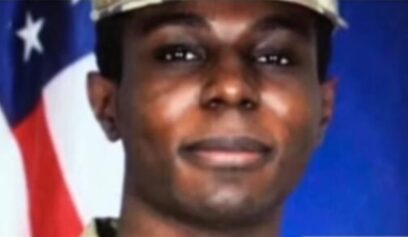The United Nations Security Council remains undemocratic, unrepresentative and unfair to developing nations and small states, South African President Jacob Zuma said on Tuesday.
Nearly 70 years after its establishment, the UNSC also still disenfranchises most of the member states of the United Nations, which formed the majority in the general assembly, Zuma said, according to an edited copy of his speech.
“We cannot remain beholden indefinitely to the will of an unrepresentative minority on most important issues of international peace and security,” he said.
Zuma was addressing the general debate of the 68th Session of the U.N. General Assembly, in New York.
He said there had been too much talk about the need to reform, and too little action.
Zuma challenged the assembly to set a target for a reformed, more inclusive, democratic and representative UNSC by 2015, when the U.N. celebrates its 70th anniversary.
Developing nations have called for reform to the UNSC, which has since World War II accorded veto rights on substantive resolutions to five permanent members: the United States, Britain, France, Russia, and China.
Zuma, who spoke on a variety of issues, said the implementation of the Millennium Development Goals, set in 2000 to eradicate extreme poverty, remained the key priority on the development agenda for the next two years.
“A development agenda beyond 2015, should allow individual regions and states the space to address the development needs peculiar to their circumstances and priorities,” he said.
“For Africa in particular, the future development agenda should address poverty eradication, income inequality and job creation.”
On the use of chemical weapons in Syria, Zuma said there was no cause that could justify the use of weapons of mass destruction by anyone, under any circumstances.
The international community had an opportunity to use the Syrian experience to ensure that similar situations are handled correctly going forward.
“We support all the diplomatic efforts aimed at finding a solution to this matter,” he said.
“It is our strongly held view that any political transition in Syria must come about as a result of the will of the Syrian people, and not as a result of a force of arms.”
He thanked the international community for standing by South Africa during the struggle for liberation from apartheid, and said a strong partnership with the U.N. was critical for the future the government wanted for the country’s people.
He said that in the same way the U.N. had stood by South Africa, he wanted to see it at the forefront of efforts toward self-determination for people in other countries like Palestine and Western Sahara.
Zuma used the opportunity to condemn the attacks at the Westgate Mall in Nairobi, Kenya, in which 61 civilians — including a South African –, six soldiers and five gunmen died, and 11 people were arrested.
Read the rest of this article here


